The Nobel Prize in Physiology or Medicine remains the most prestigious accolade in biomedical research, with each year's winner scrutinized for both scientific merit and broader implications. As we look toward 2025, several groundbreaking research areas have emerged as strong contenders for what many call the "Nobel predictors" - the combination of citation impact, paradigm-shifting discoveries, and therapeutic applications that typically characterize laureates.
The circadian rhythm revolution continues to dominate speculation among Stockholm's academic circles. While Jeffrey C. Hall, Michael Rosbash, and Michael W. Young claimed the 2017 prize for discovering the molecular mechanisms controlling circadian rhythms, subsequent research has unveiled astonishing clinical connections. Teams led by Dr. Joseph Takahashi at UT Southwestern and Dr. Ueli Schibler at the University of Geneva have demonstrated how circadian disruption directly contributes to metabolic disorders, cardiovascular disease, and even cancer progression. Their work developing chronotherapeutic approaches - timing drug administration to biological clocks - has transformed treatment protocols for everything from chemotherapy to hypertension medications.
Cancer immunotherapy represents another frontier likely to receive Nobel recognition. Though James P. Allison and Tasuku Honjo won in 2018 for checkpoint inhibitor discovery, researchers like Dr. Carl June (University of Pennsylvania) and Dr. Michel Sadelain (Memorial Sloan Kettering) have pioneered CAR-T cell therapies achieving unprecedented remission rates in previously untreatable blood cancers. Their recent breakthroughs in solid tumor targeting and "armored" CAR-T designs overcoming the immunosuppressive tumor microenvironment have saved thousands of lives. Nobel committees often honor sequential innovations in transformative fields, making these advances prime 2025 candidates.
In the realm of neuroscience, the glymphatic system's discoverer Dr. Maiken Nedergaard (University of Rochester) has emerged as a dark horse contender. Her 2012 revelation that the brain possesses its own waste clearance network - operating primarily during sleep - revolutionized understanding of neurodegenerative diseases. Subsequent work demonstrating how glymphatic dysfunction drives amyloid-beta accumulation in Alzheimer's has inspired entirely new therapeutic approaches. With dementia projected to affect 150 million globally by 2050, the committee may prioritize this urgently relevant breakthrough.
CRISPR beyond editing continues its Nobel-worthy trajectory. While Emmanuelle Charpentier and Jennifer Doudna received the 2020 Chemistry prize for genome editing applications, researchers like Dr. Feng Zhang (Broad Institute) have since developed CRISPR diagnostic tools detecting cancers and infections from single blood drops. His team's 2023 "CRISPR-COVID" platform achieved 100% accuracy identifying variants within minutes, showcasing the technology's pandemic preparedness potential. Given Nobel's preference for practical applications benefiting humanity, such diagnostic innovations could merit separate recognition from the original editing breakthrough.
The microbiome-gut-brain axis represents another rising star in physiology circles. Pioneers like Dr. Sarkis Mazmanian (Caltech) have demonstrated how gut bacteria directly produce neurotransmitters influencing anxiety, depression, and even Parkinson's symptoms. His lab's identification of specific microbial metabolites that cross the blood-brain barrier has spawned an entire field of psychobiotic therapeutics. With mental health disorders reaching epidemic proportions globally, this research offers tangible hope - precisely the kind of impact Nobel committees historically reward.
Emerging dark horses include cellular reprogramming innovators like Dr. Juan Carlos Izpisua Belmonte (Salk Institute), whose work on partial reprogramming has reversed aging markers in animal models without inducing tumorigenesis. Meanwhile, Dr. Katalin Karikó's foundational mRNA research - crucial for COVID vaccines but still lacking Nobel recognition - could receive belated honors as mRNA technology revolutionizes treatments for HIV, cancer, and genetic disorders.
Historical patterns suggest the 2025 prize may honor either a long-overdue fundamental discovery now demonstrating clinical impact (like the glymphatic system) or a recent breakthrough with immediate life-saving applications (such as next-gen CAR-T therapies). The committee frequently alternates between these two archetypes. With unprecedented advances across so many fields, 2025's physiology laureates will likely join the ranks of Nobel winners whose work didn't just explain life's mechanisms, but fundamentally improved how we preserve it.
Insiders note the Karolinska Institute's growing emphasis on translational medicine - discoveries that rapidly benefit patients. This favors contenders like CAR-T developers over purely basic researchers. However, the 2021 prize for temperature/pressure sensation receptors proved fundamental discoveries still hold sway. What remains certain is that amidst our golden age of biomedical innovation, the 2025 Nobel Assembly faces an enviable but formidable challenge in selecting just three laureates from dozens of worthy pioneers reshaping modern medicine.

By /Jul 29, 2025

By /Jul 29, 2025

By /Jul 29, 2025

By /Jul 29, 2025
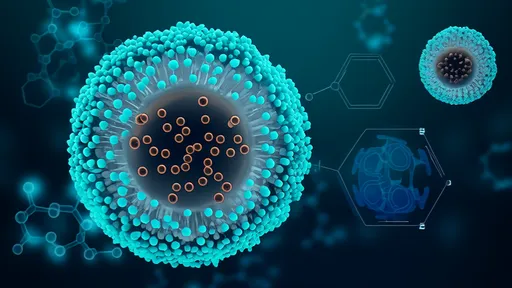
By /Jul 29, 2025

By /Jul 29, 2025

By /Jul 29, 2025

By /Jul 29, 2025
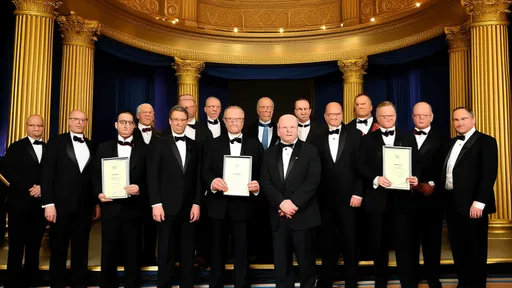
By /Jul 29, 2025

By /Jul 29, 2025
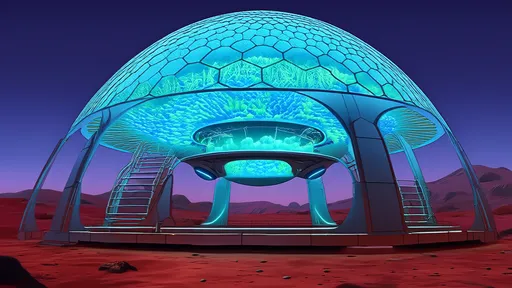
By /Jul 29, 2025
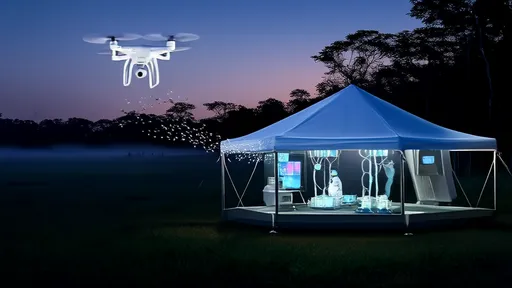
By /Jul 29, 2025
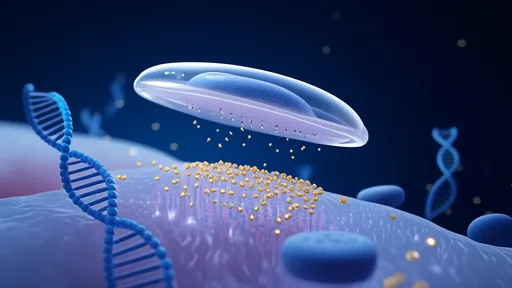
By /Jul 29, 2025
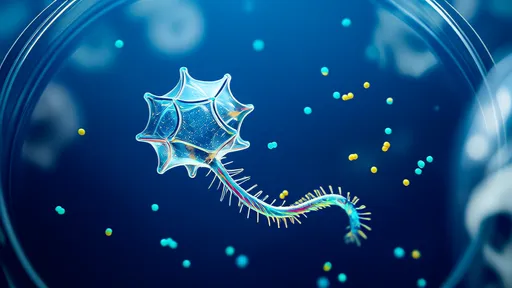
By /Jul 29, 2025
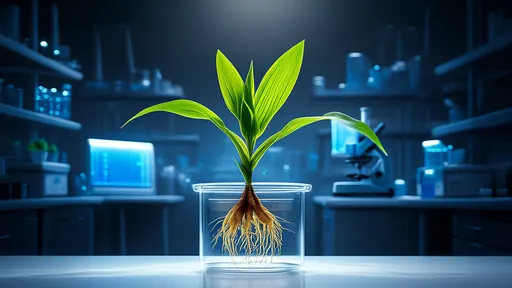
By /Jul 29, 2025
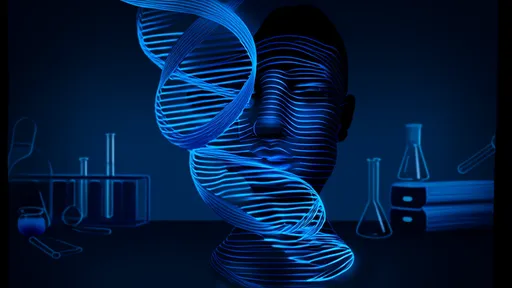
By /Jul 29, 2025

By /Jul 29, 2025
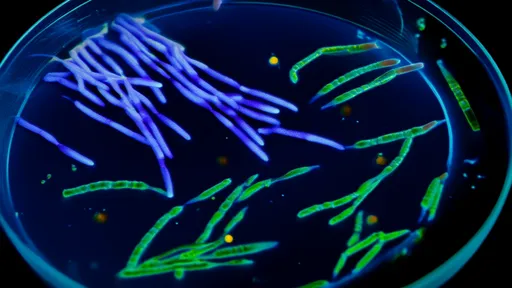
By /Jul 29, 2025